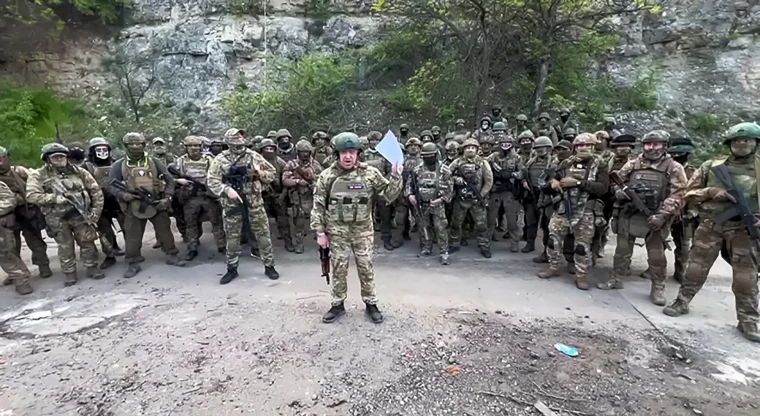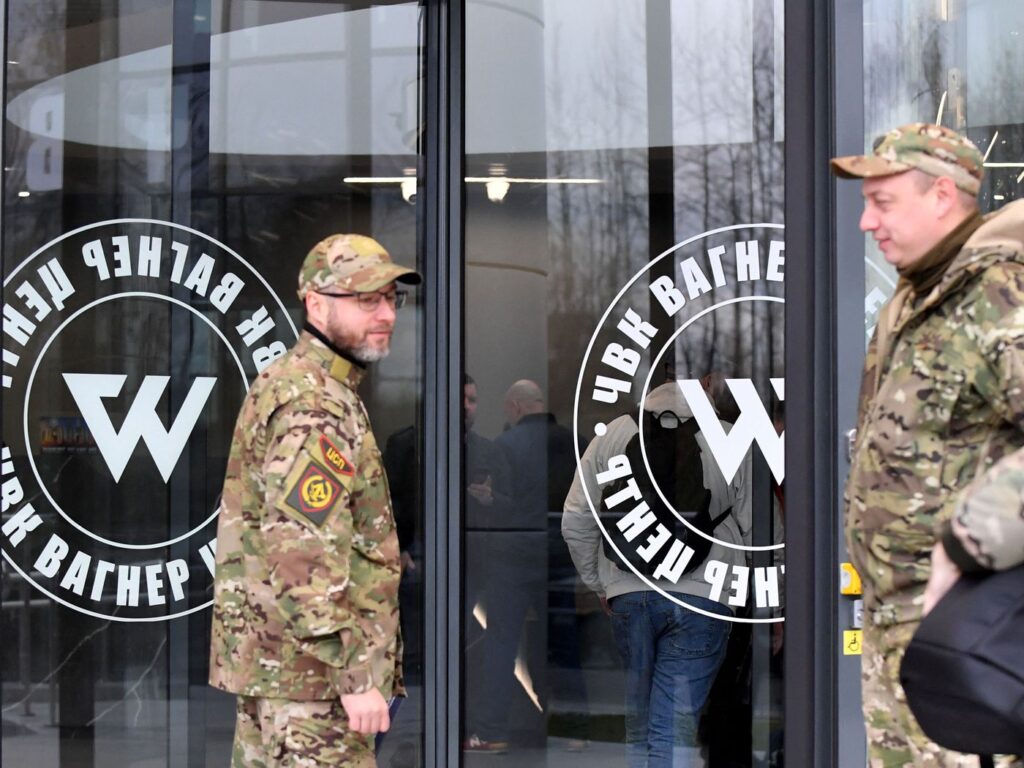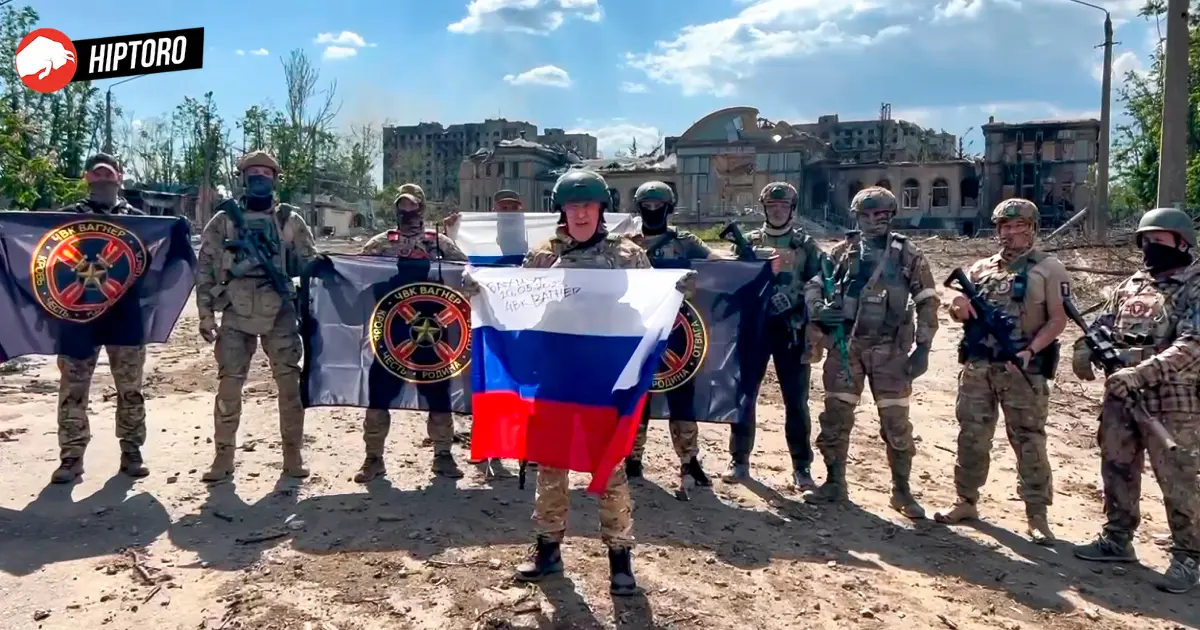Wagner Group Head Yevgeny Prigozhin’s Feud with Russia’s Military Leaders in Ukraine Crisis: A Detailed Look

Unraveling the Crisis
Long at odds with Russia’s military leaders in the war in Ukraine, Wagner Group head Yevgeny Prigozhin took his feud to a new level Friday when he leveled accusations that his fighters had been struck and vowed revenge.
The threat, made over his official Telegram channel, sparked what appeared to be a crisis in Russia.
The country’s security service FSB called on Prigozhin’s own Wagner Group private army to refuse orders and detain him. It opened a criminal investigation for “organizing an armed rebellion, the prosecutor general’s office said.
Russian Lieutenant General Vladimir Alekseev, on video from broadcaster RBK, called it a stab in the back, calling it “a coup d’état.
Russian President Vladimir Putin has been informed, and “necessary measures are being taken,” Kremlin spokesperson Dmitry Peskov said.
Understanding Wagner Group

Called by Russia a “private military company,” the Wagner Group is called a proxy force by U.S. officials and others, while others label it a mercenary group.
It was founded in 2014 and is owned by Prigozhin, a 61-year-old who has been previously known as “Putin’s chef” for catering state events with his catering business.
In December, the U.S. believed that the Wagner Group had an estimated 50,000 personnel inside Ukraine — around 10,000 contractors and 40,000 convicts from Russian prisons, U.S. National Security Council spokesman John Kirby said.
Russia has denied the involvement of the Wagner Group in its official military operations. Still, the Washington think tank Center for Strategic and International Studies says it is often directly connected to the Russian state.
It said it played a role in Russia’s operations in Ukraine in 2014 and 2015.
Worldwide Operations
The Wagner Group has also been involved in other parts of the world, including Africa. It has operated in the civil conflict in Libya. Russia sent it military equipment, including fighter aircraft and armored vehicles, so Russia could get a foothold in the country, the U.S. Department of Defense said in 2020.
Wagner Group was also sent to the Central African Republic in its civil war, where it was accused of executing civilians, attacking U.N. peacekeepers, and targeting predominantly Muslim communities.
Senior Western diplomats have said that the Wagner Group took control of a gold mine there. Human Rights Watch reported suspected Wagner Group forces committed atrocities, including executing unarmed men.
The Retaliation Call
Prigozhin has accused Russia’s military leadership of incompetence in Ukraine, but on Friday, he publicly accused Russia’s military administration of striking his forces. He claimed there was a missile attack at its rear camps.
Prigozhin said, without providing evidence, that Russia’s military leadership was responsible for the deaths of 2,000 fighters. “Those who destroyed our lads, who destroyed the lives of tens of thousands of Russian soldiers, will be punished. I ask that no one offer resistance,” Prigozhin said in audio messages on his official Telegram channel.
Russia’s FSB security service responded by starting a criminal case against him for what it said was a call for an armed rebellion.
The FSB said that “his actions are a ‘stab in the back’ of Russian servicemen” and called on Wagner fighters to refuse orders and take Prigozhin into custody.
Prigozhin denied it was an armed rebellion but called it “a march of justice.” He claimed that his forces entered Russia and that “Right now we are entering Rostov,” referring to a city in the south of Russia.
Source: NCB News









